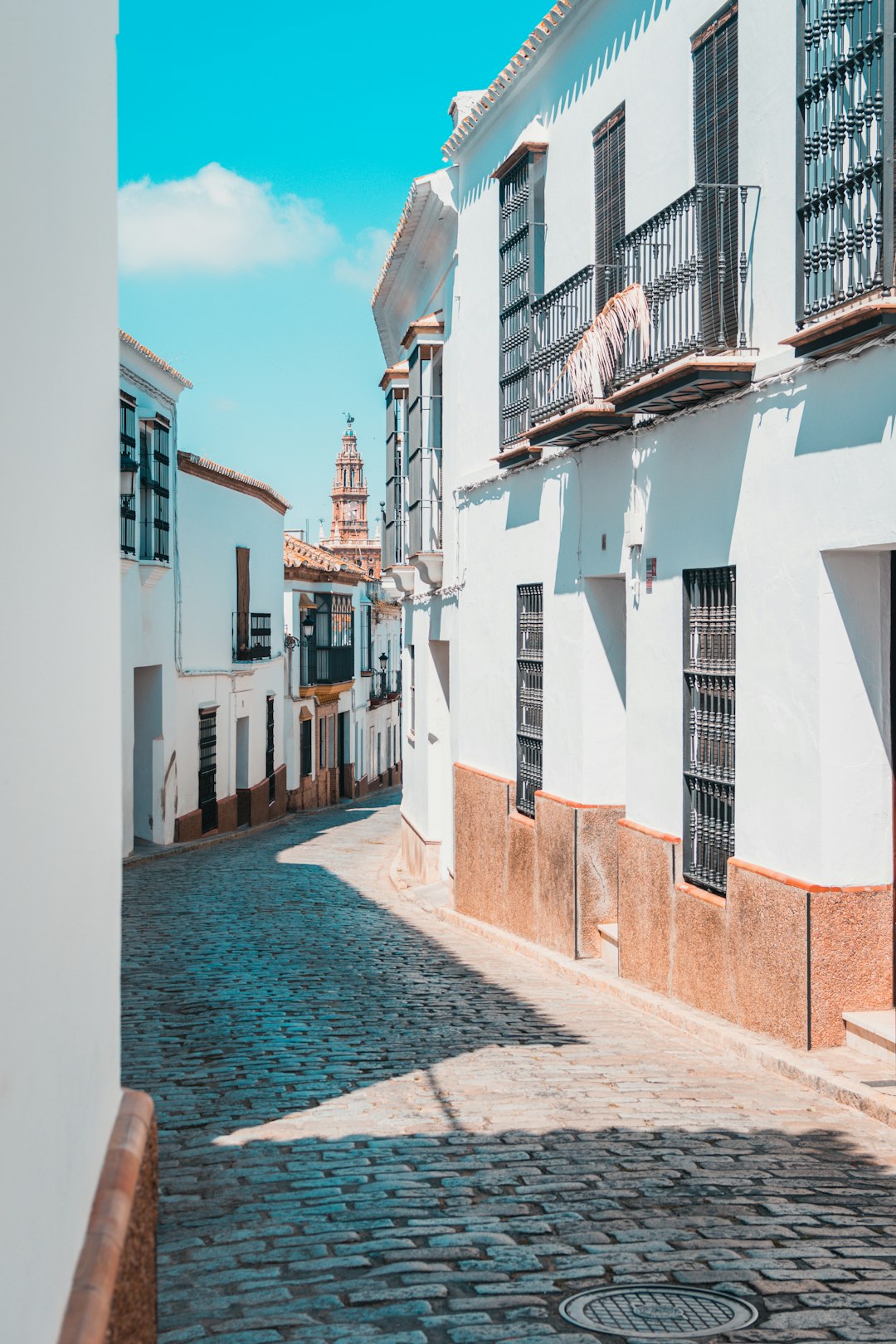Support our educational content for free when you purchase through links on our site. Learn more
[2023] Monday in Spanish: Learn How to Say It with Flair and Confidence
¡Hola amigos! Welcome back to Spanish Scholar™, your go-to source for all things Spanish. Today, we're going to dive into the fabulous world of days of the week and tackle a question we've all been wondering: "How do you say Monday in Spanish?" But we won't stop there! We'll also share some quick tips and facts, examples, and local insights that will have you speaking Spanish like a pro.
So, are you ready to add a little flair and confidence to your Spanish vocabulary? Let's get started!
Table of Contents
- Quick Answer
- Quick Tips and Facts
- Translate with Confidence
- Examples for Everything
- Say It Like a Local
- FAQ
- Conclusion
- Useful Links
- Reference Links
Quick Answer
The word for Monday in Spanish is "lunes".
Quick Tips and Facts
- The word "lunes" comes from the Latin word "lunae dies," which means "day of the moon."
- In many Spanish-speaking countries, the week starts on Monday, unlike in some English-speaking countries where it starts on Sunday.
- "Lunes" is a masculine noun, so articles like "el" or "un" are used with it.
Now that we've got the basics out of the way, let's delve deeper into the world of discussing Mondays in Spanish and how to do it with confidence.
Translate with Confidence
Translating words from one language to another is not just about knowing the literal meaning; it's about understanding the nuances and cultural context. Here are a few tips to help you translate "Monday" into Spanish with confidence:
-
Use reputable translation resources: When it comes to translation, accuracy is key. Utilize trusted resources like Google Translate or SpanishDict to ensure accurate translations.
-
Practice pronunciation: Spanish has its own unique pronunciation rules. Pay attention to accent marks and practice saying "lunes" out loud, focusing on correct intonation and stress.
-
Context is crucial: Consider the context when using the word "lunes" in a sentence. For example, "el próximo lunes" means "next Monday," while "todos los lunes" means "every Monday."
By following these tips, you'll be able to confidently incorporate "lunes" into your Spanish conversations.
Examples for Everything
The best way to solidify your understanding of a word is to see it in action. Let's look at some examples of how to use "lunes" in different contexts:
- "Voy a visitar a mi abuela el próximo lunes" – "I'm going to visit my grandmother next Monday."
- "Trabajo todos los lunes" – "I work every Monday."
- "Me encanta los lunes porque es el día del mercado" – "I love Mondays because it's market day."
Feel free to use these examples as a springboard for your own creative usage of "lunes." The more you practice, the more natural it will feel.
Say It Like a Local
If you want to truly sound like a local, why stop at just learning the word for Monday? Here are a few more phrases and expressions related to Mondays that will impress your Spanish-speaking friends:
- "El primer día de la semana" – "The first day of the week"
- "El día de comenzar nuevos proyectos" – "The day to start new projects"
- "El día de reiniciar" – "The day to reboot"
By incorporating these expressions into your vocabulary, you'll be able to express yourself with an extra touch of cultural flair.
FAQ
Q1: Is "lunes" the same word used in all Spanish-speaking countries?
A1: Yes, the word for Monday is "lunes" in all Spanish-speaking countries. However, keep in mind that there may be regional variations in pronunciation or idiomatic expressions related to Mondays.
Q2: Can I use "lunes" to refer to other days of the week as well?
A2: No, "lunes" specifically refers to Monday. To refer to other days of the week, you'll need to learn their respective names in Spanish. Here are the Spanish names for the other days of the week:
- Tuesday: martes
- Wednesday: miércoles
- Thursday: jueves
- Friday: viernes
- Saturday: sábado
- Sunday: domingo
Q3: Are there any cultural associations with Mondays in Spanish-speaking countries?
A3: While Mondays are generally associated with the start of the workweek worldwide, specific cultural associations may vary. For example, in some Spanish-speaking countries, Monday is the day for street markets, while in others, it may be associated with specific festivities or traditions.
Q4: How do you say "Happy Monday" in Spanish?
A4: To say "Happy Monday" in Spanish, you can use the phrase "Feliz lunes." Add a smile to your greeting, and you're ready to brighten someone's day!
Conclusion
Congratulations on mastering the word for Monday in Spanish! Now you can confidently incorporate "lunes" into your vocabulary and strike up conversations about weekdays with ease. Remember to practice pronunciation and explore the cultural nuances associated with Mondays in different Spanish-speaking countries. ¡Que tengas un buen lunes!
Be sure to visit Spanish Scholar™ for more exciting language tips, tricks, and insights. ¡Hasta luego!
Useful Links
- Shop Spanish language learning tools on Amazon ✅
- Explore Spanish language courses on Udemy ✅
- Find Spanish language books on Book Depository ✅
Link to the Spanish Scholar™ website.






